Designer Honey in Supermarkets Risks Health and Beekeepers’ Incomes
Howdy y’all! Today, we’re diving into a sticky situation that’s been buzzing around the honey world. We’re talking about designer honey in supermarkets and how it’s putting our health and hardworking beekeepers’ incomes at risk. So grab a cup of sweet tea, sit back, and let’s get into it.
Honey Fraud: A Growing Concern
First things first, let’s talk about honey fraud. It’s a real problem, folks. A significant portion of honey entering the EU is flagged as potentially fraudulent. These sneaky folks are using advanced syrups as diluting agents, making it hard to tell the real deal from the fake stuff. And let me tell ya, this ain’t just a European problem – it’s happening right here in the good ol’ USA too.
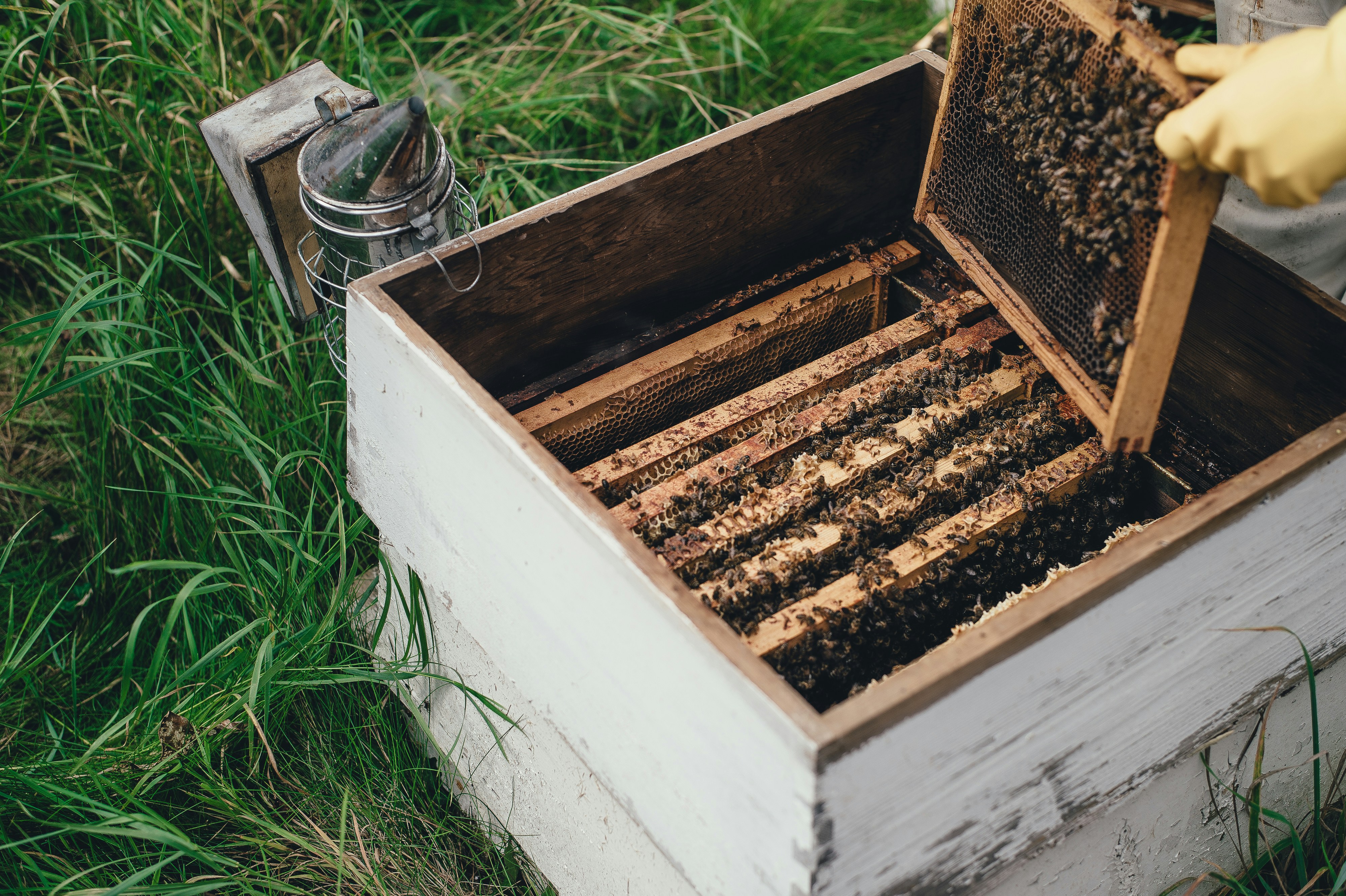
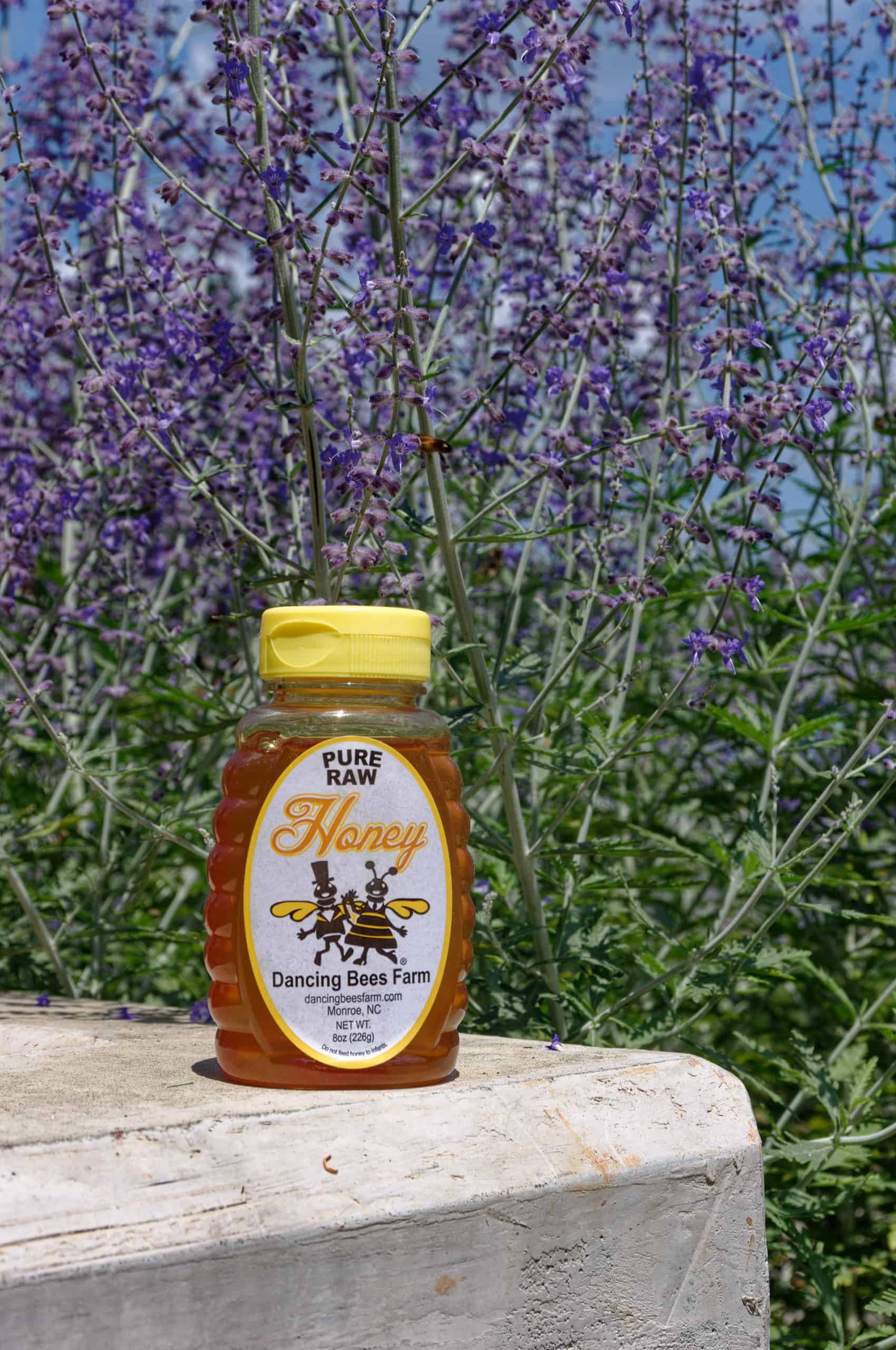
Health Risks of Adulterated Honey
Now, you might be wondering, “What’s the big deal if my honey’s a little watered down?” Well, let me tell ya, it’s a big deal. Adulterated honey can cause all sorts of health issues like diabetes, obesity, and liver damage. It’s not just about the taste – it’s about your health.
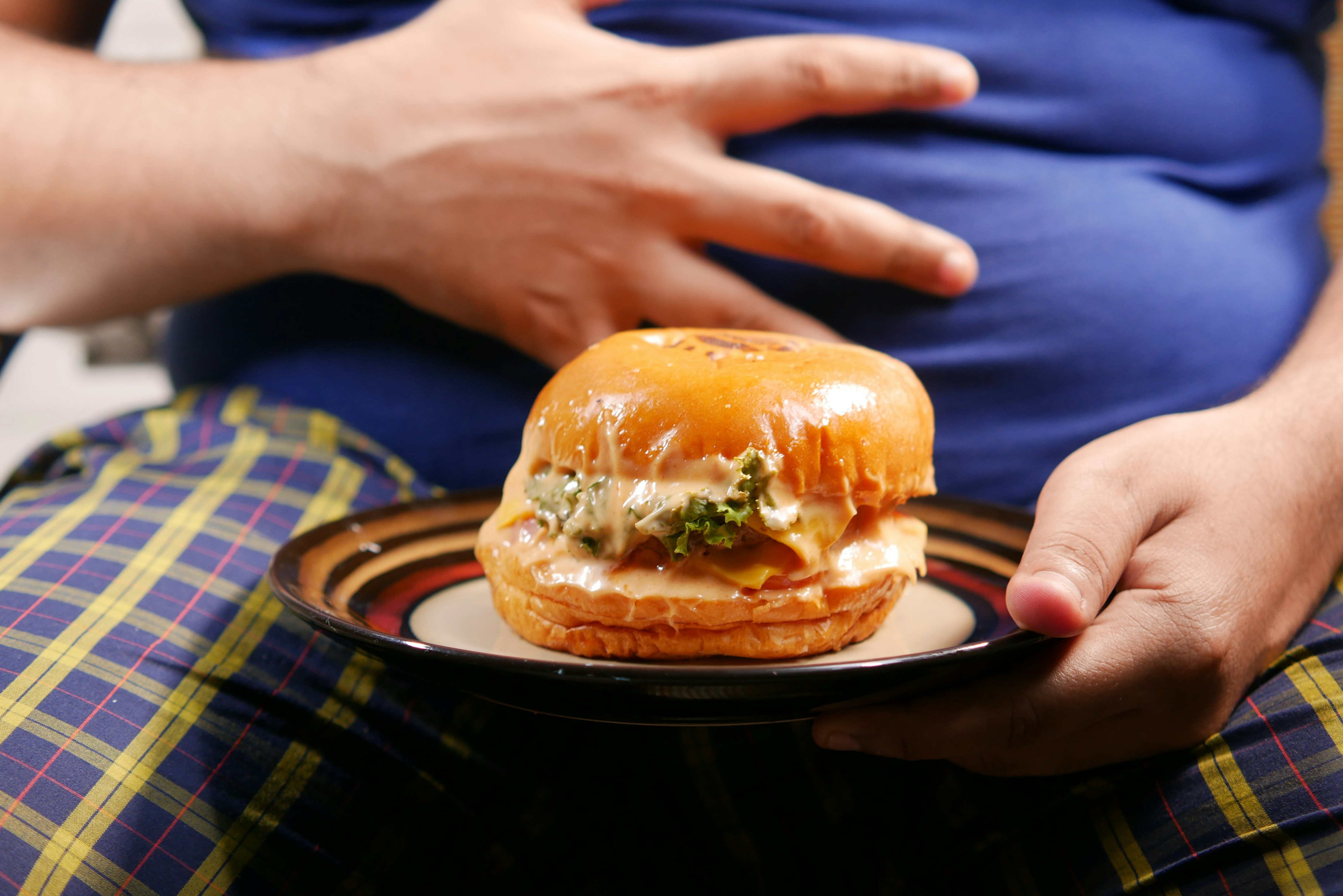
Economic Impact on Beekeepers
But it ain’t just our health that’s at risk. Genuine beekeepers are facing unfair competition from these fraudulent honey peddlers. It’s hard enough keeping bees happy and healthy without having to compete with folks who are cutting corners. This unfair competition is putting honest beekeepers at risk of losing their businesses and the vital crop pollination services they provide.
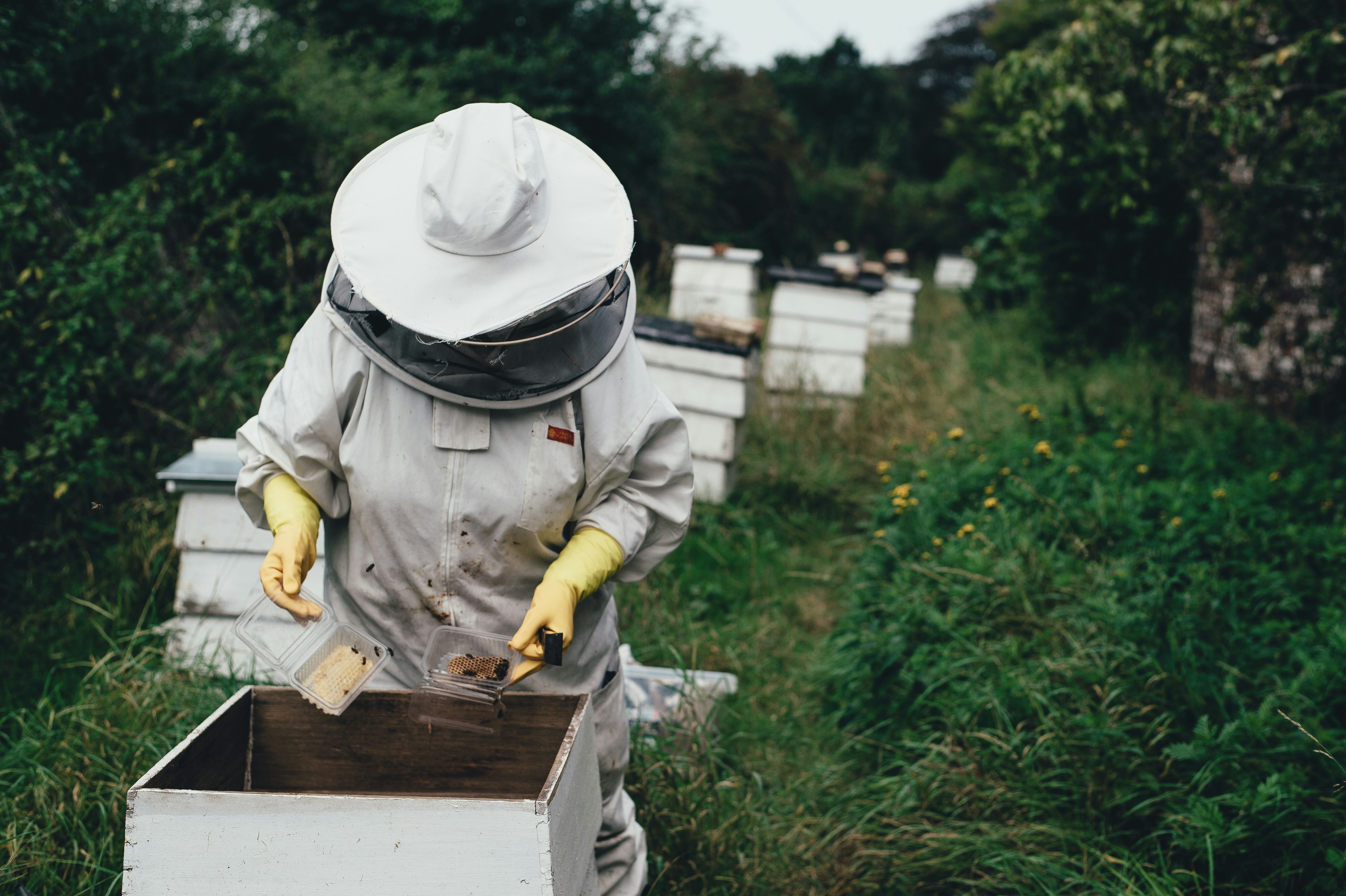
Technological Solutions to the Rescue
Thankfully, researchers are stepping up to the plate with some fancy new technology. They’re using advanced techniques like Fluorescence Excitation-Emission Spectroscopy (FLE) to detect honey fraud. It’s a mouthful, I know, but it’s making a big difference in identifying the real deal from the imposters.

Regulatory Challenges
The EU is having a tough time regulating and enforcing honey standards due to the complexity of international trade and the sophistication of adulteration methods. It’s a big ol’ mess, and it’s gonna take some serious effort to clean it up.

Consumer Awareness
One of the best ways to fight honey fraud is through consumer awareness. We need to educate folks on how to identify genuine honey and understand the implications of honey fraud. Knowledge is power, y’all. How does it benefit the Industry?
- Empowering Consumers: When consumers are well-informed, they can make better purchasing decisions. By knowing how to identify genuine honey, they can avoid buying adulterated products that may pose health risks.
- Supporting Genuine Beekeepers: Educated consumers are more likely to support local and ethical beekeepers. This helps sustain the livelihoods of those who are committed to producing high-quality, authentic honey.
- Driving Market Demand: As more consumers demand genuine honey, it puts pressure on retailers and producers to ensure their products are authentic. This can lead to better industry practices and reduced instances of honey fraud.
- Health Benefits: Genuine honey offers numerous health benefits, from its natural antibacterial properties to its role in boosting the immune system. By choosing real honey, consumers can enjoy these benefits without the risks associated with adulterated products.
This blog was started with the mission to educate and inform consumers about the importance of genuine honey. By sharing knowledge and insights, I aim to empower readers to make informed choices and support ethical beekeeping practices. Together, we can combat honey fraud and ensure that the honey we enjoy is pure, authentic, and beneficial for our health and the environment.
If you support this mission, consider supporting the cause and subscribe.

Environmental Impact
Honey fraud doesn’t just affect us humans – it has environmental consequences too. Genuine beekeepers play a crucial role in pollination and biodiversity. When they suffer, so does our environment.

Collaborative Efforts
Tackling honey fraud ain’t a one-person job. It’s gonna take collaboration between governments, industry stakeholders, and researchers to develop and implement effective detection methods and policies. We’re all in this together.
Market Trends
On a brighter note, the demand for organic and locally-sourced honey is on the rise. As consumers become more conscious of the quality and origin of their food products, they’re seeking out the real deal. And that’s good news for our hardworking beekeepers.
But let me explain Organic Honey in the US.
Organic Honey in the US: A Myth!
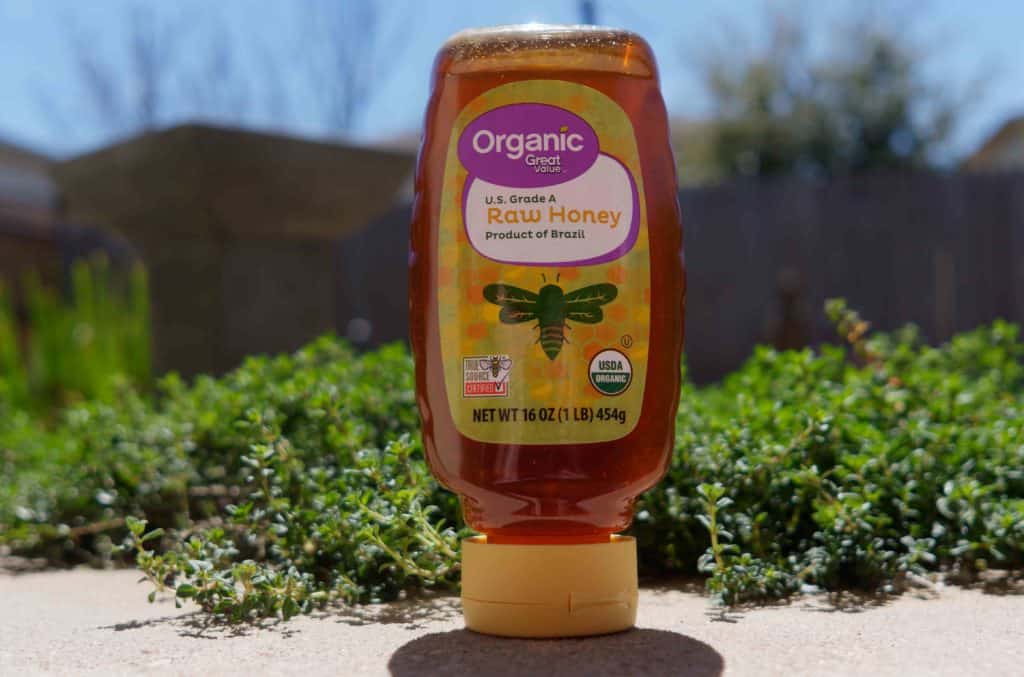
Organic Honey in the US: A Myth!
Many consumers are drawn to the idea of “organic” honey, believing it to be healthier and more environmentally friendly. However, the concept of organic honey in the United States is more myth than reality.
The Challenge of Certifying Organic Honey
In the US, honey cannot be certified as organic by the USDA because bees have a foraging range of several miles. This makes it nearly impossible to control where they collect nectar and pollen. For honey to be truly organic, bees would need to forage exclusively on organically managed flowers, which is not feasible.
Imported Organic Honey
Any honey labeled as “Certified Organic” in the US is typically imported from other countries with different standards. This can lead to confusion and mistrust among consumers.
Environmental and Ethical Considerations
Producing organic honey would require keeping bees in a controlled environment, such as a greenhouse, to ensure they only visit organic plants. This approach is impractical, inhumane, and detrimental to the environment. Bees play a crucial role in pollination and biodiversity, and restricting their natural behavior would have negative ecological impacts.
The Reality of Local Honey
While the organic label may be elusive, locally sourced honey offers a more transparent and beneficial alternative. Local beekeepers often use sustainable and ethical practices, and consumers can directly verify the authenticity and quality of the honey. Supporting local honey also helps sustain small-scale beekeepers and reduces the carbon footprint associated with transporting honey over long distances.
While the idea of organic honey is appealing, it remains a myth in the US due to the challenges of certifying and controlling bee foraging. Instead, consumers can turn to locally sourced honey for a more transparent, ethical, and environmentally friendly option. Beware of designer honey that may not be as genuine as it seems.
Local Honey vs Organic
Transparency and Traceability
- Direct Connection: Buying locally sourced honey allows consumers to visit apiaries and meet beekeepers.
- Verification: Consumers can verify the authenticity and quality of the honey.
Supporting Local Economy
- Sustaining Beekeepers: Purchasing local honey supports small-scale beekeepers.
- Ethical Practices: Local beekeepers are more likely to use sustainable and ethical practices.
Environmental Benefits
- Reduced Carbon Footprint: Locally sourced honey has a smaller carbon footprint.
- Promotes Biodiversity: Supporting local beekeepers contributes to environmental sustainability.
Health Benefits
- Nutritional Value: Locally sourced honey is often raw and unprocessed, retaining more natural enzymes and nutrients.
- Healthier Choice: Raw honey provides greater health benefits compared to processed honey.
Challenges with Organic Certification & Designer Honey
- Foraging Range: Bees can travel several miles, making it difficult to ensure they only visit organically managed flowers.
- Meaningless Label: The organic label is less meaningful for honey due to the challenges in controlling bee foraging.
Consumer Trust
- Direct Interaction: Consumers can interact with local producers and learn about their practices.
- Building Trust: Trust is easier to establish with local honey compared to distant sources.
What Can You Do to Help?
Now that you’re informed, here is what you can do to help:
- Educate Yourself: Learn how to identify real raw honey. The Honey Review offers tips and tricks to help you distinguish genuine honey from adulterated products.
- Buy Local: Support local beekeepers by purchasing honey directly from them. This not only ensures you’re getting authentic honey but also helps sustain local beekeeping businesses.
- Check Labels: Look for certifications like “True Source Certified” or “USDA Organic” on honey labels. These certifications indicate that the honey has been sourced and processed according to specific standards.
- Avoid Cheap Honey: Be wary of honey that is significantly cheaper than other brands. Low prices can be an indicator of adulteration.
- Spread Awareness: Share information about honey fraud with friends and family. The more people know about the issue, the better equipped they will be to make informed purchasing decisions.
- Support Ethical Brands: Choose brands that are transparent about their sourcing and production methods. The Honey Review provides reviews of various honey products, highlighting those that are genuine and high-quality.
By taking these steps, consumers can help protect their health, support honest beekeepers, and contribute to the fight against designer honey and honey fraud.
There you have it, folks. Honey fraud is a serious issue that’s affecting our health, our beekeepers, and our environment. But with a little knowledge and a lot of collaboration, we can make a difference. So next time you’re at the store, take a moment to think about where your honey comes from. Support your local beekeepers and enjoy the sweet taste of genuine honey.
Y’all take care now, and happy honey hunting!
-
Kirkland Signature Local Honey Pulled From Shelves
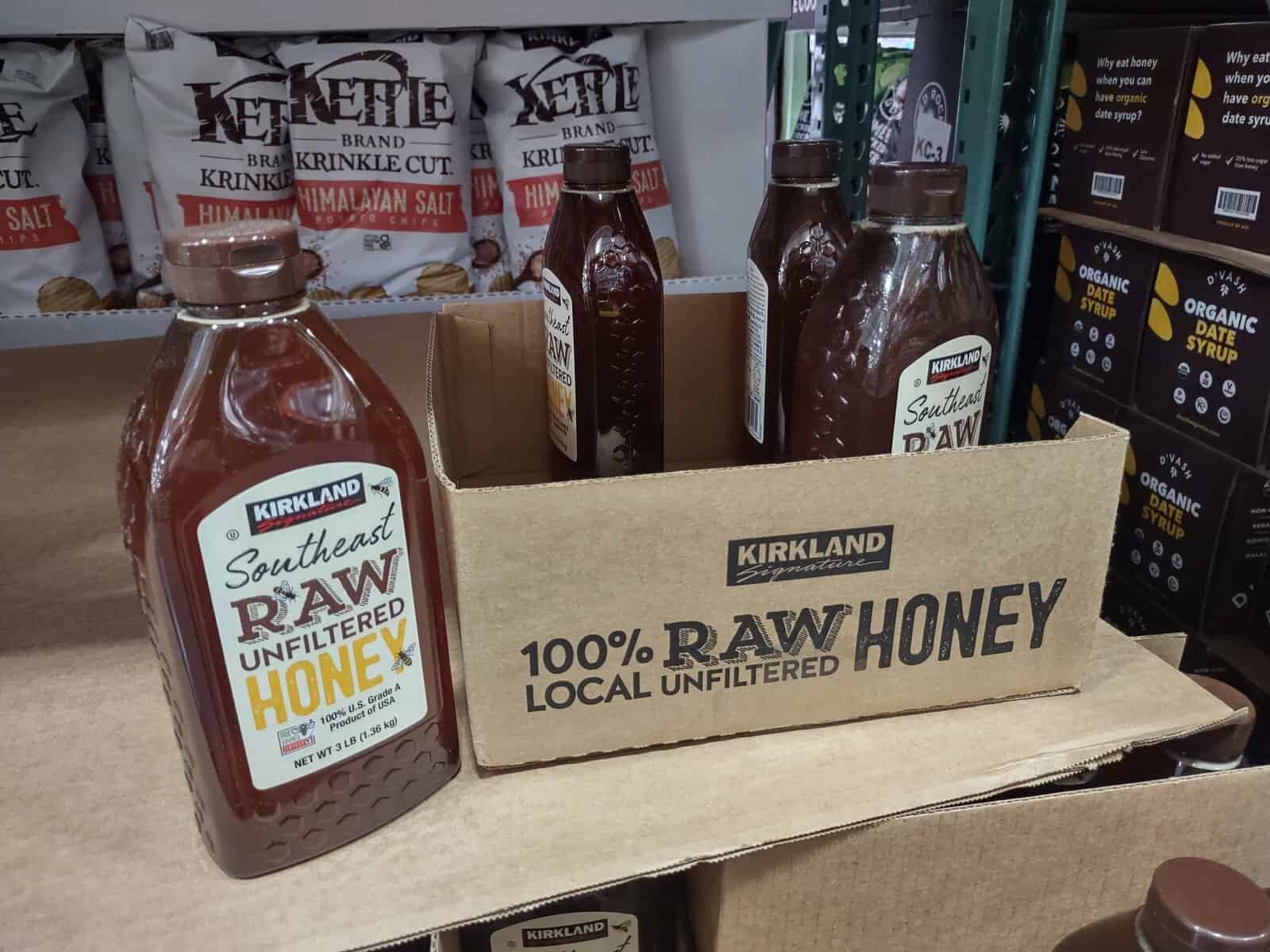
If you’re a Costco member, you may have noticed that the Kirkland Signature honey has been pulled temporarily. The honey is being re labeled to ensure that it isn’t misleading to it’s members. I reviewed Kirkland Signature twice, the Texas “Local” blend and the Southeast ” Local” blend. And what I found mirror’s Costco’s statement…
-
The Local Honey Allergy Myth: What No One Tells You
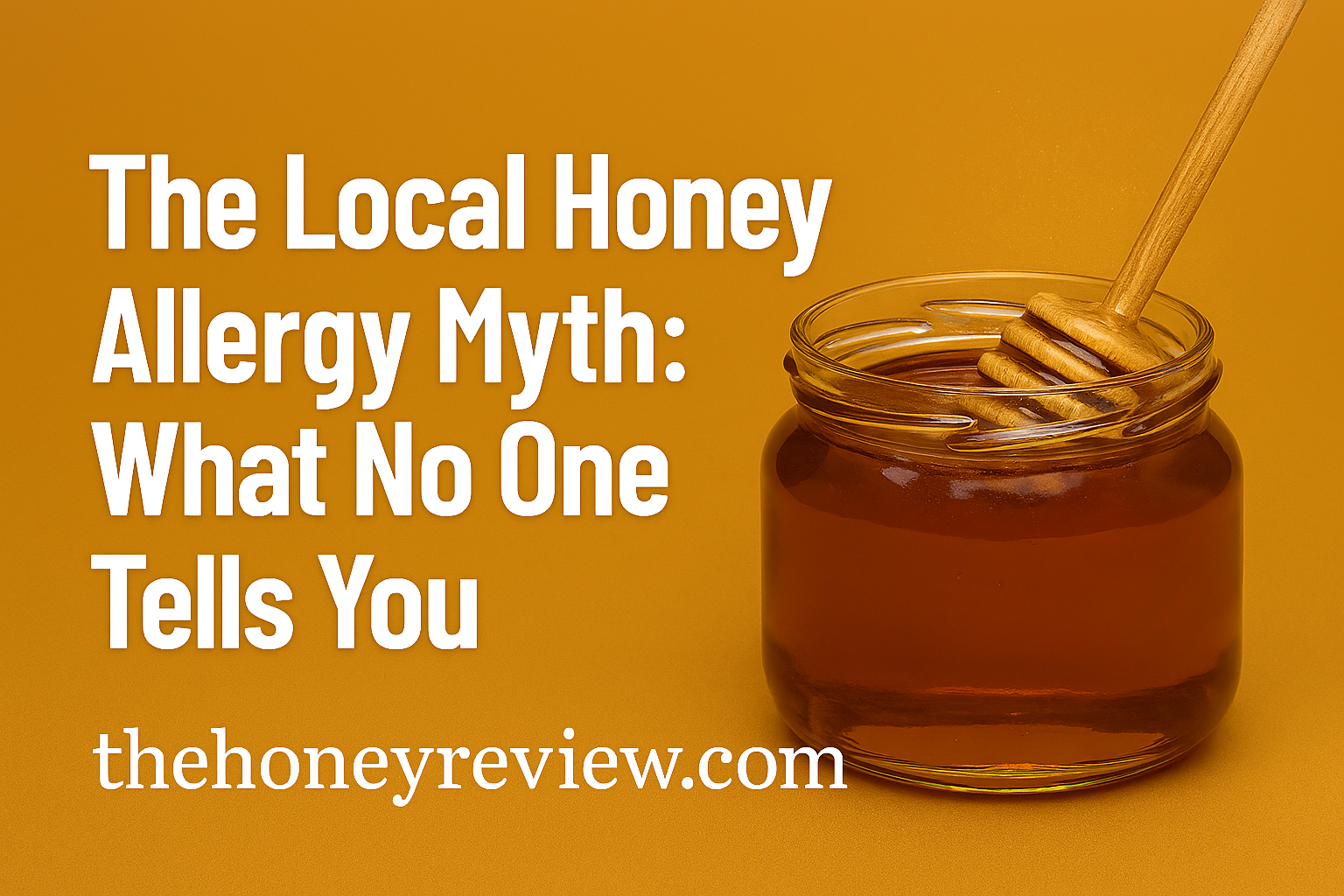
The Local Honey Allergy Myth: What No One Tells You For years, people have repeated the same advice: “Just take a spoonful of local honey — it’ll fix your allergies.” It’s a comforting idea, and it sounds natural enough to believe. But after reviewing dozens of raw honeys from across the country and digging into…
-
Blue Ridge Honey Company | Orange Blossom Honey Review
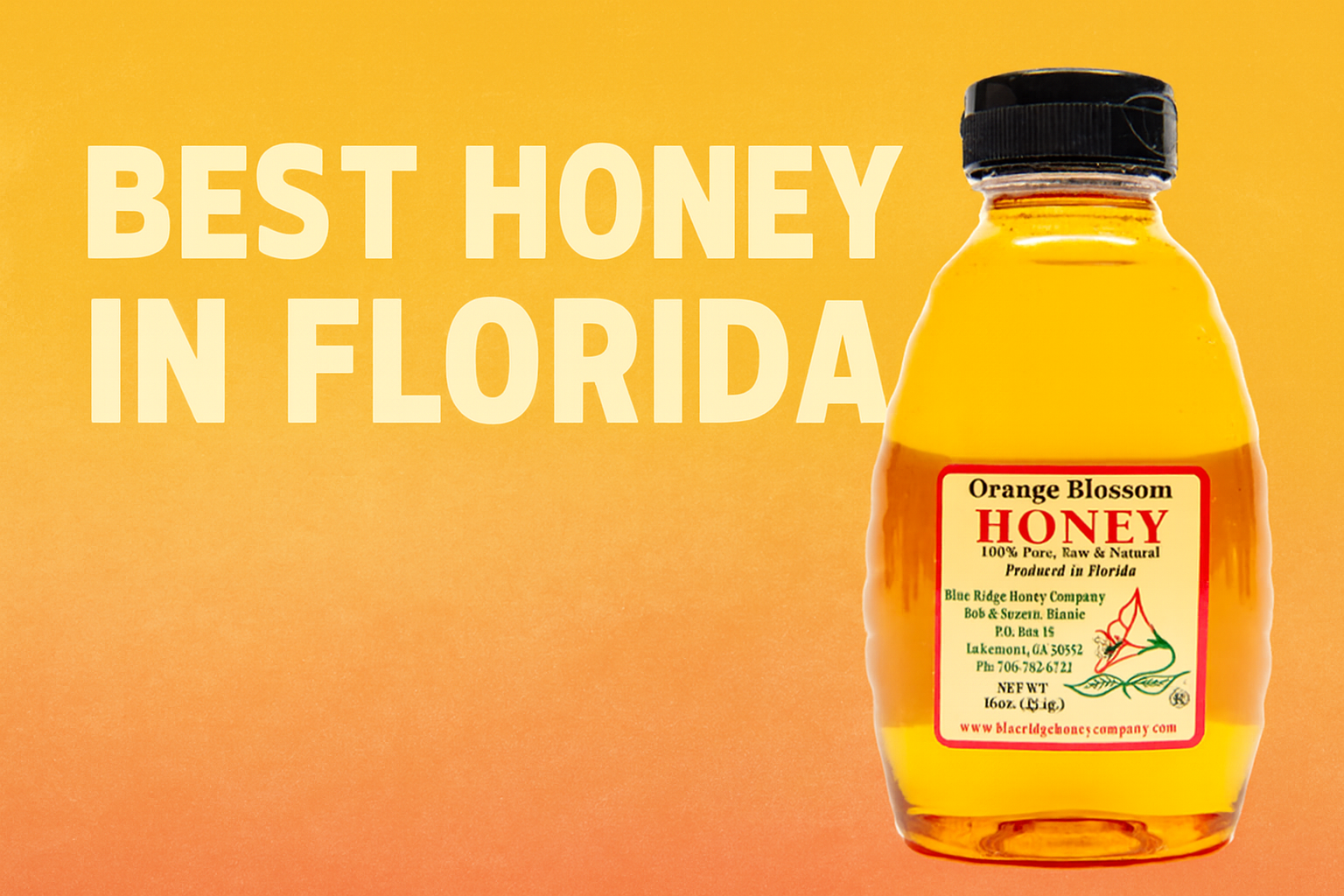
Blue Ridge Honey Company’s Orange Blossom Honey is a raw, unfiltered citrus‑blossom honey known for its bright floral aroma, light golden color, and naturally sweet, orange‑zest flavor. Sourced from Florida’s blooming citrus groves, this honey offers a clean, smooth taste with a refreshing citrus finish, making it one of the most popular orange blossom honeys…
-
Beekeeper Coffee Review: Flavor, Benefits, and Is This Honey‑Infused Coffee Worth It?
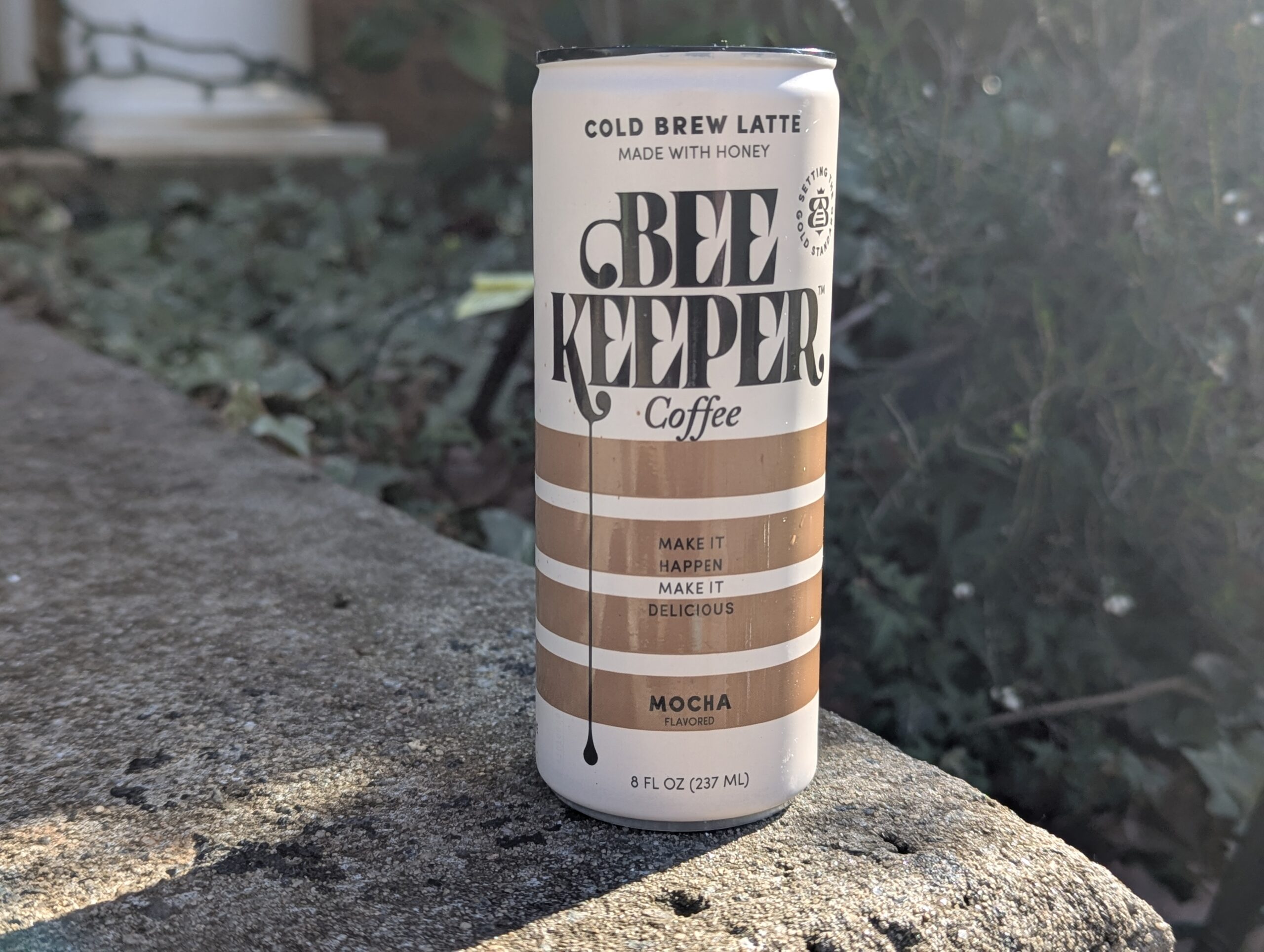
Introduction to Beekeeper Coffee Beekeeper Coffee is a standout entry in the specialty coffee world, blending high‑quality coffee with the natural sweetness of honey to create a smooth, balanced, and health‑forward beverage. As consumers increasingly look for clean ingredients and alternatives to refined sugar, honey‑infused coffee has carved out a niche of its own —…